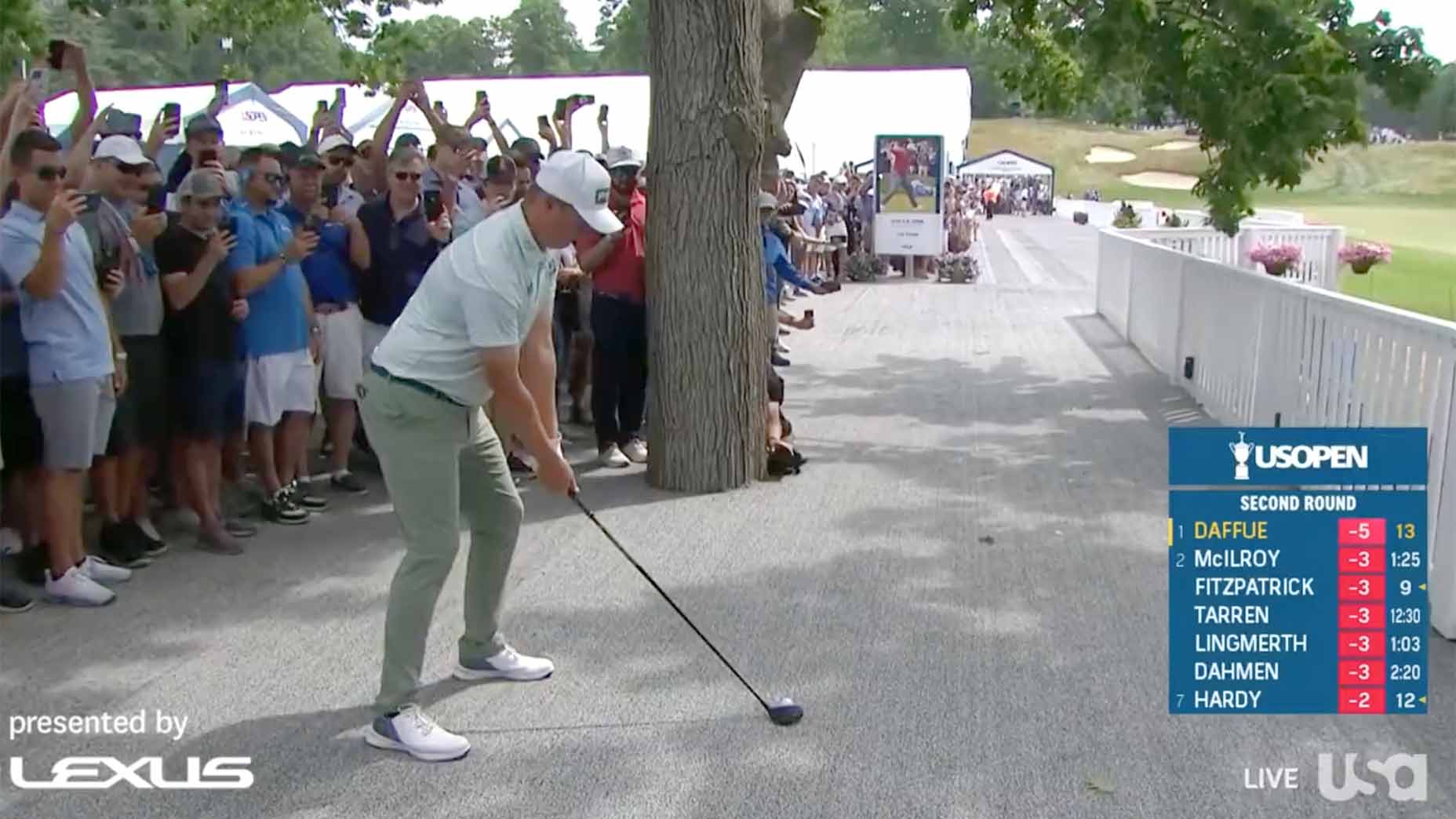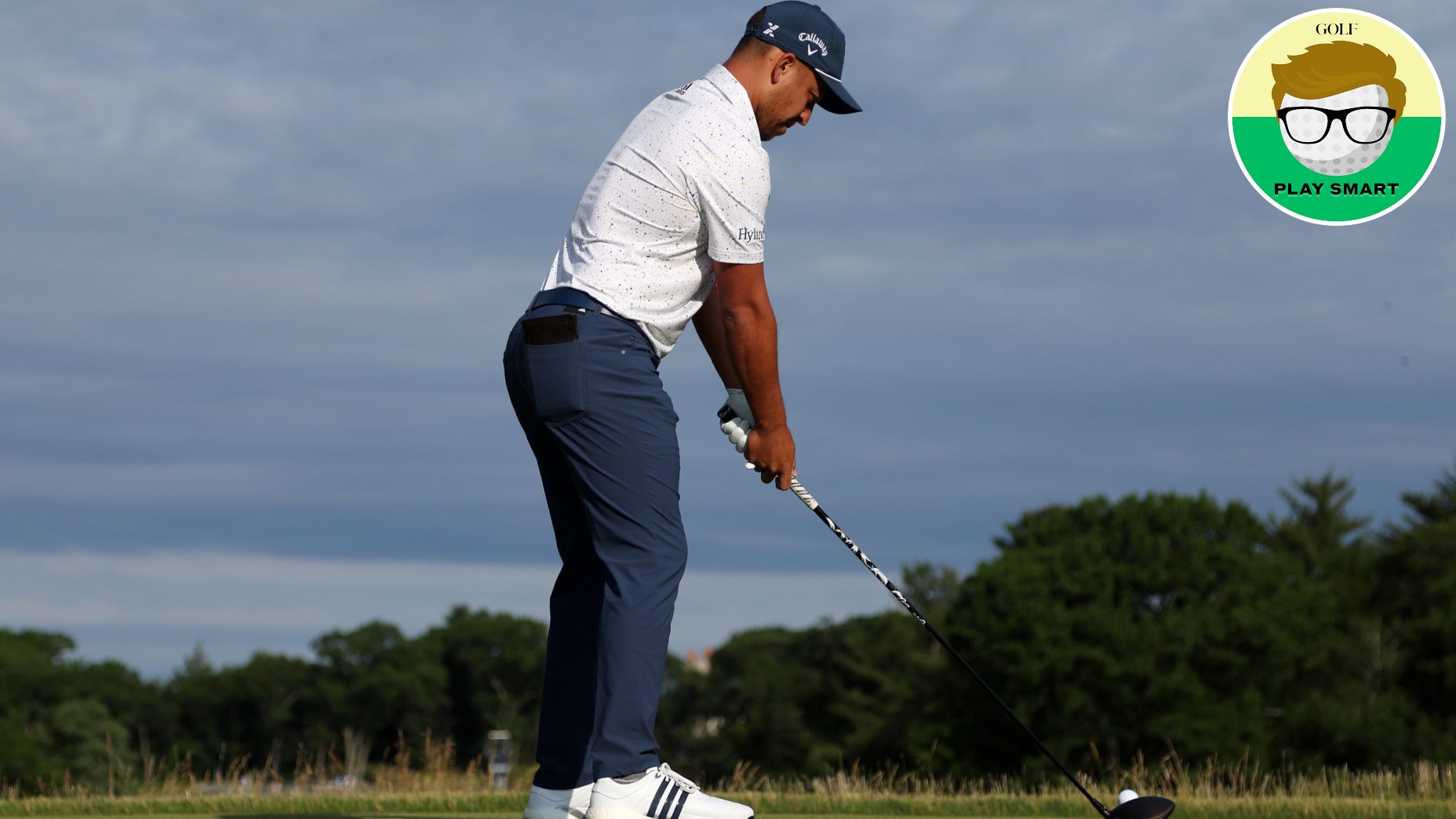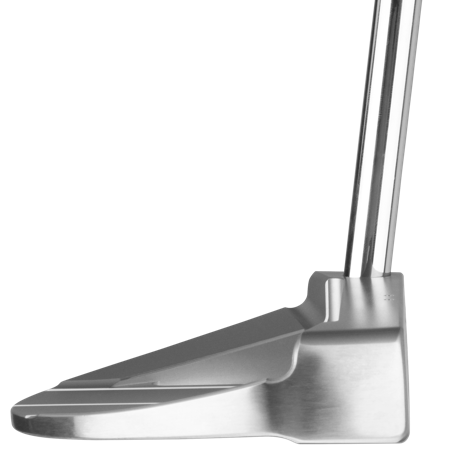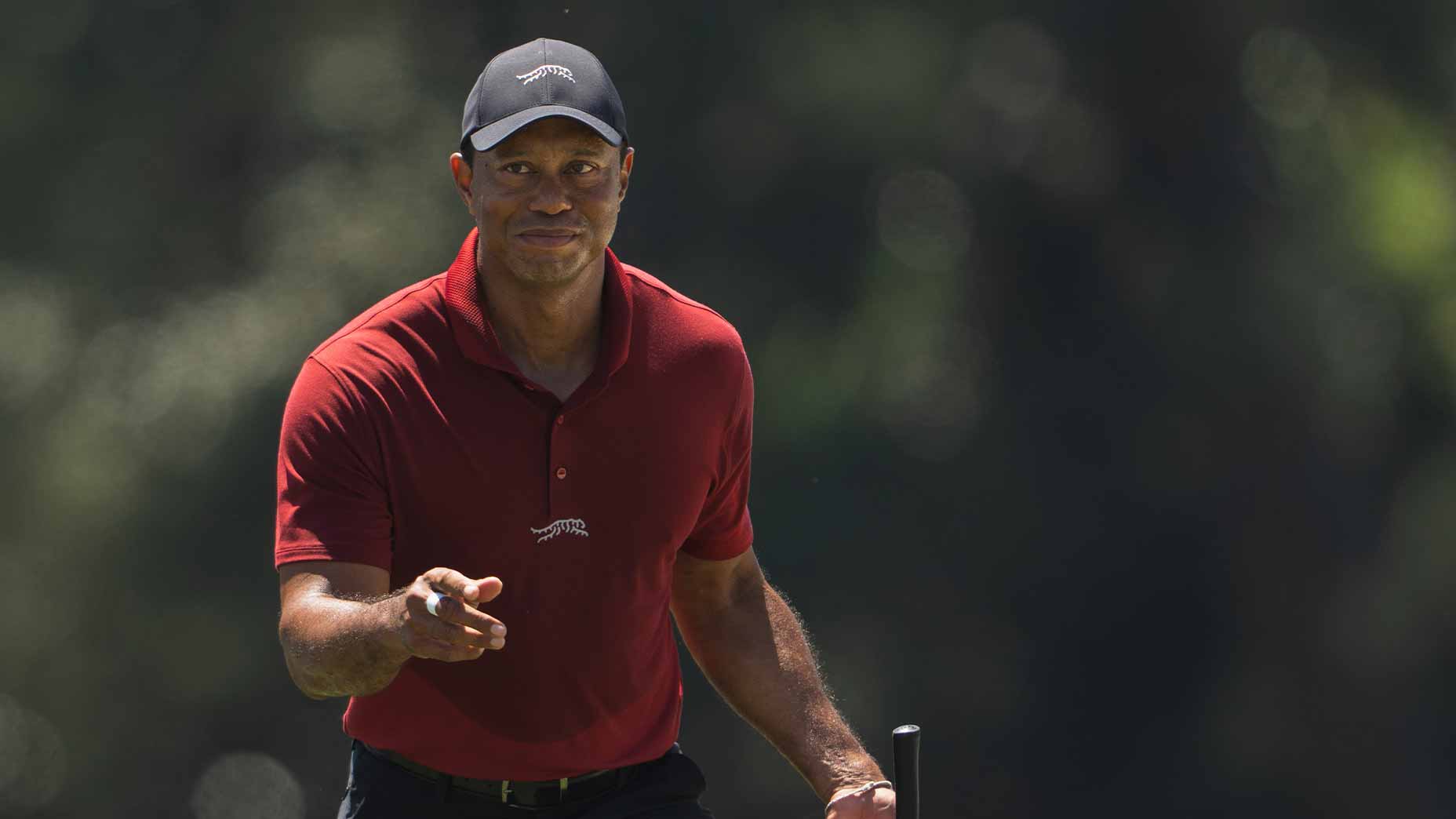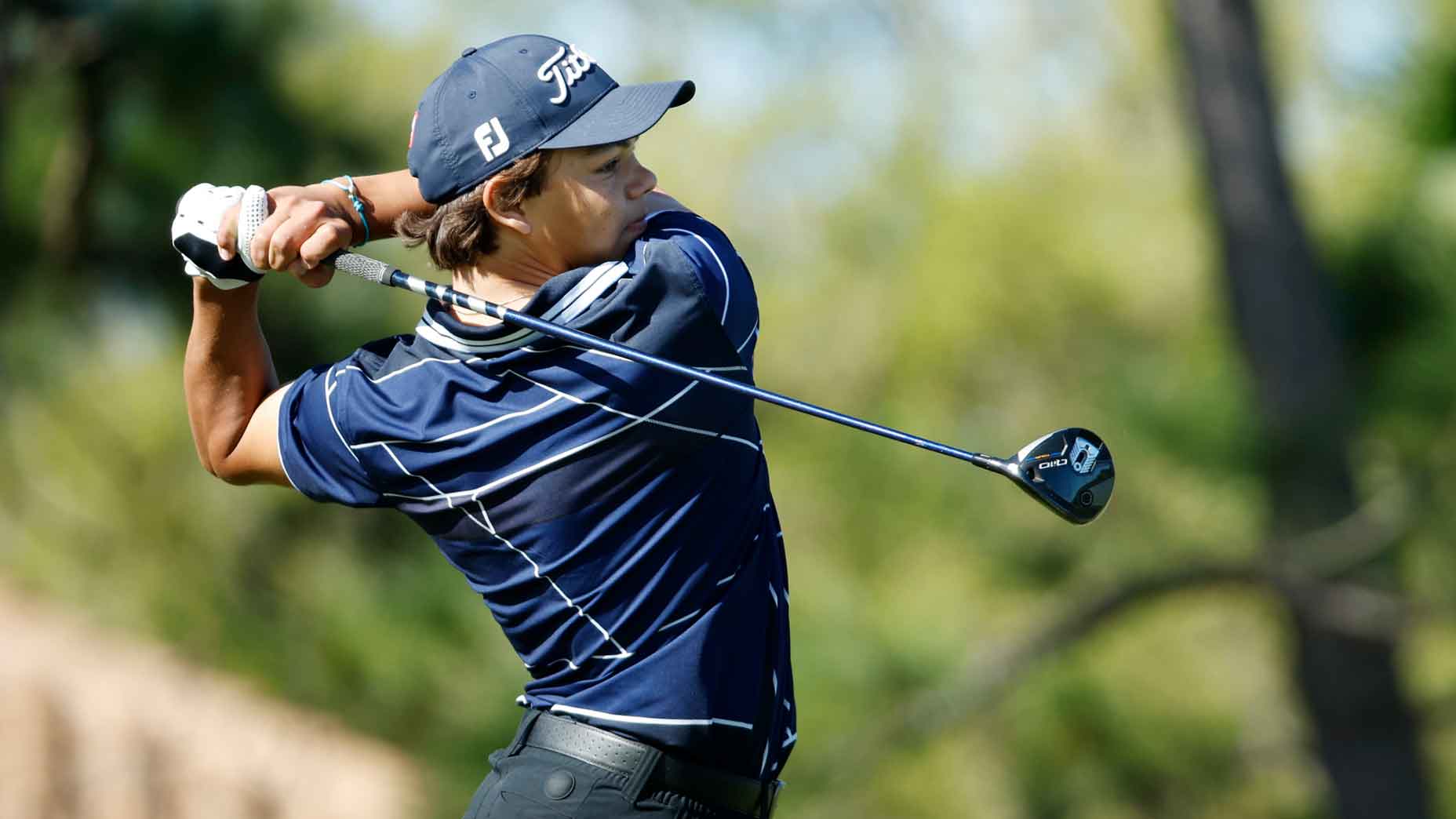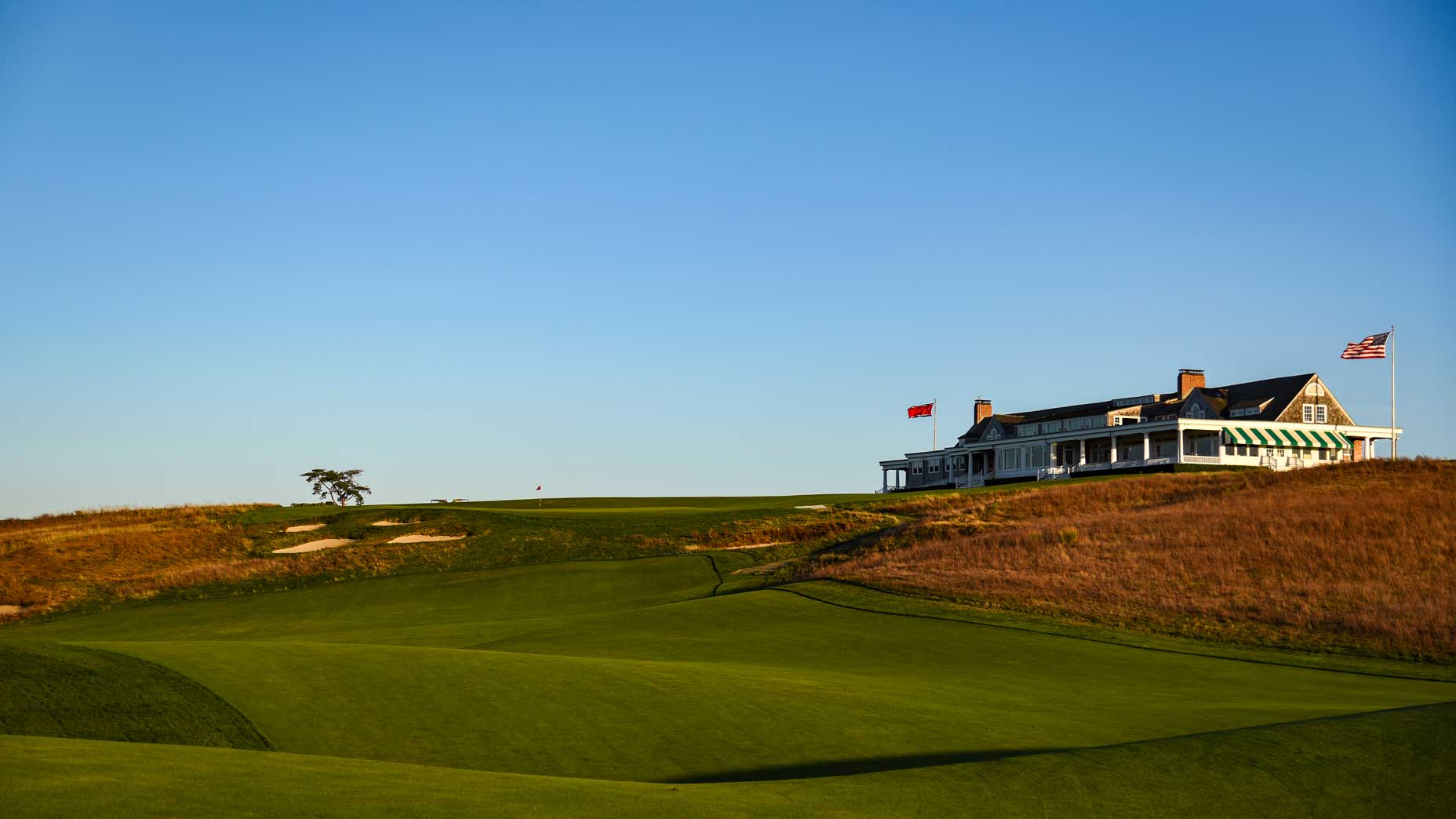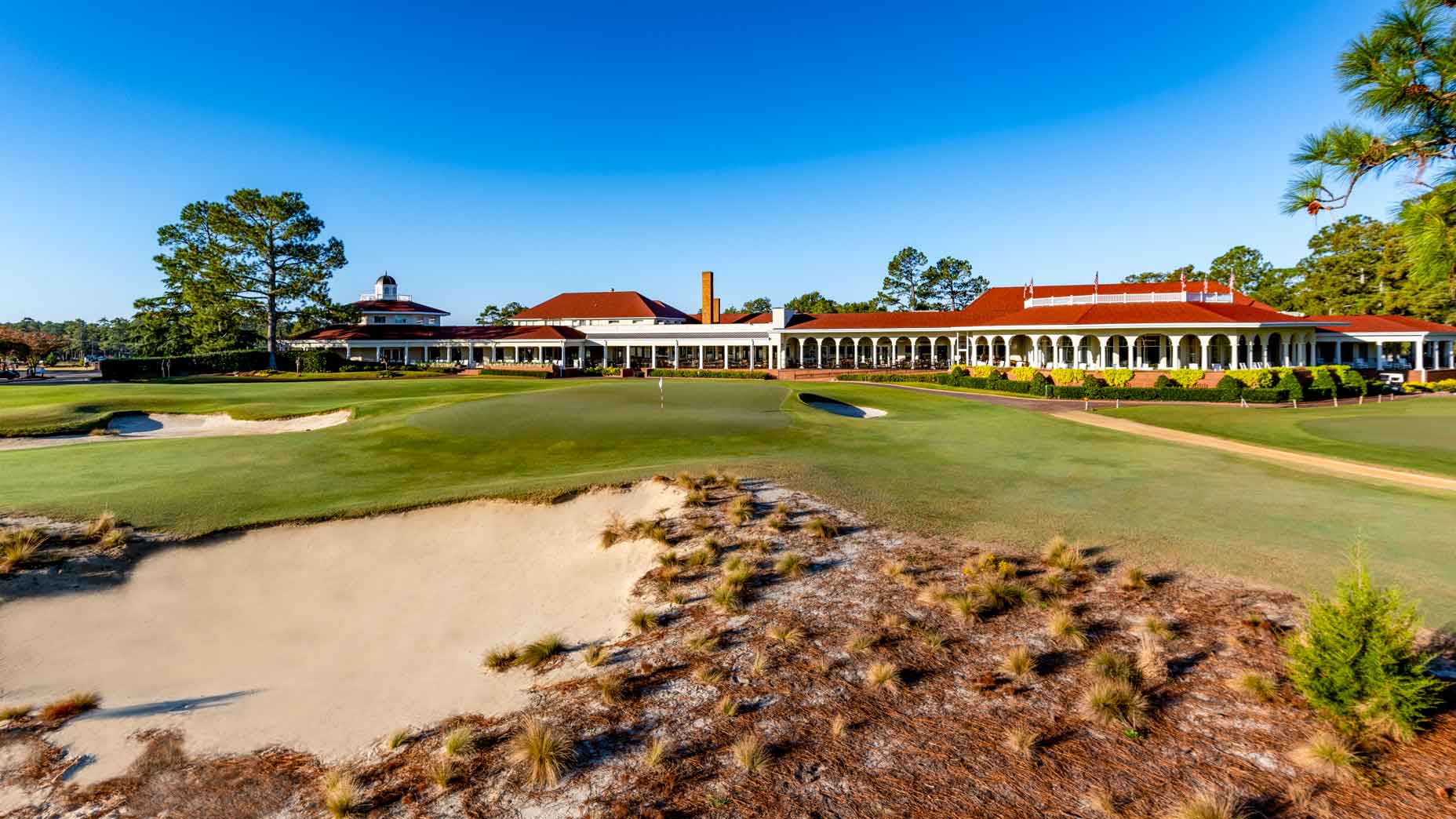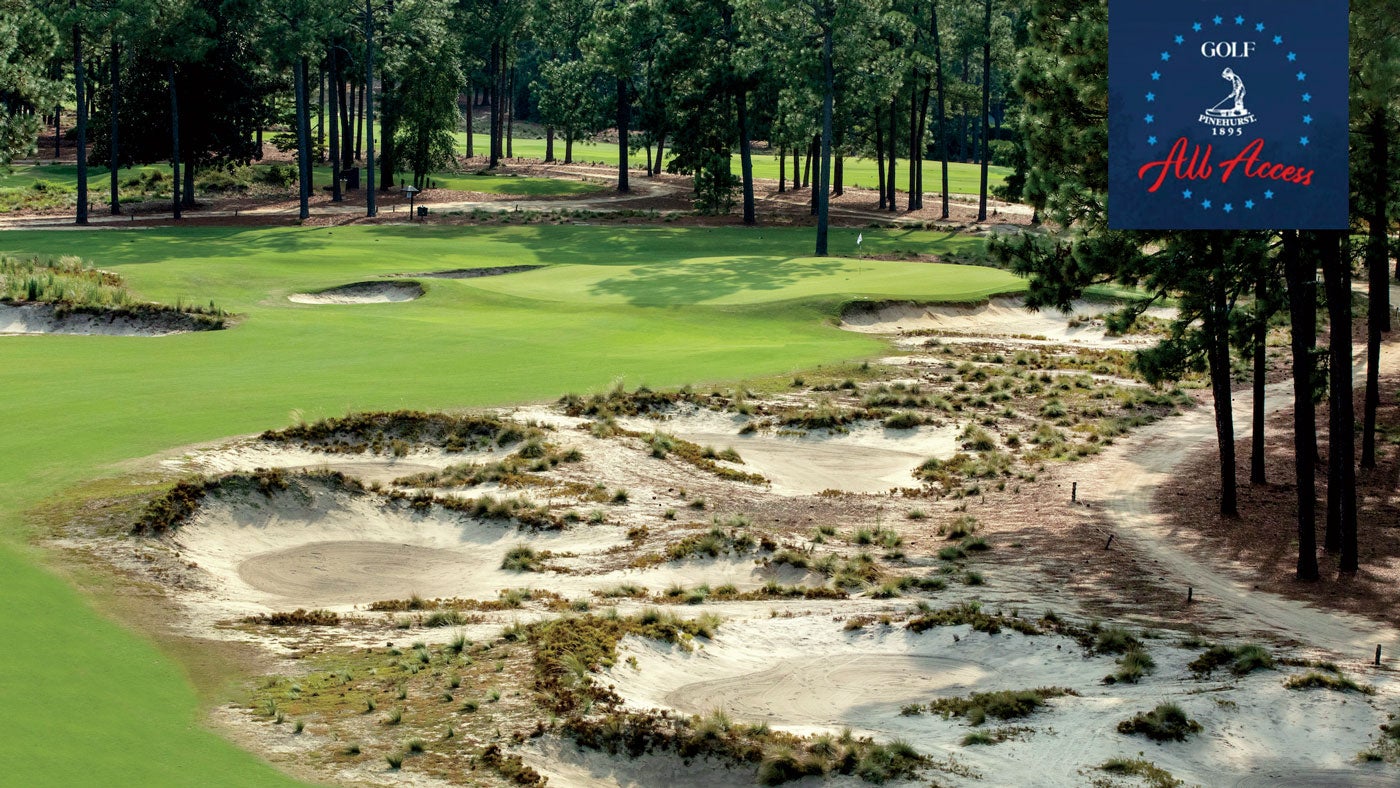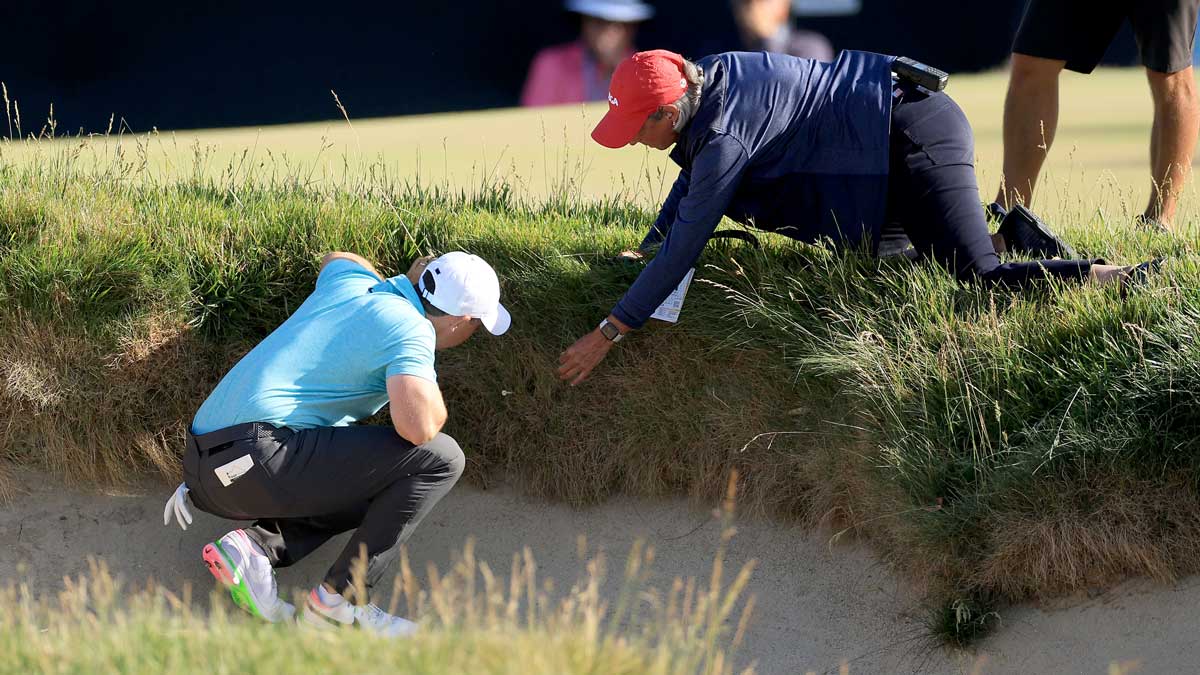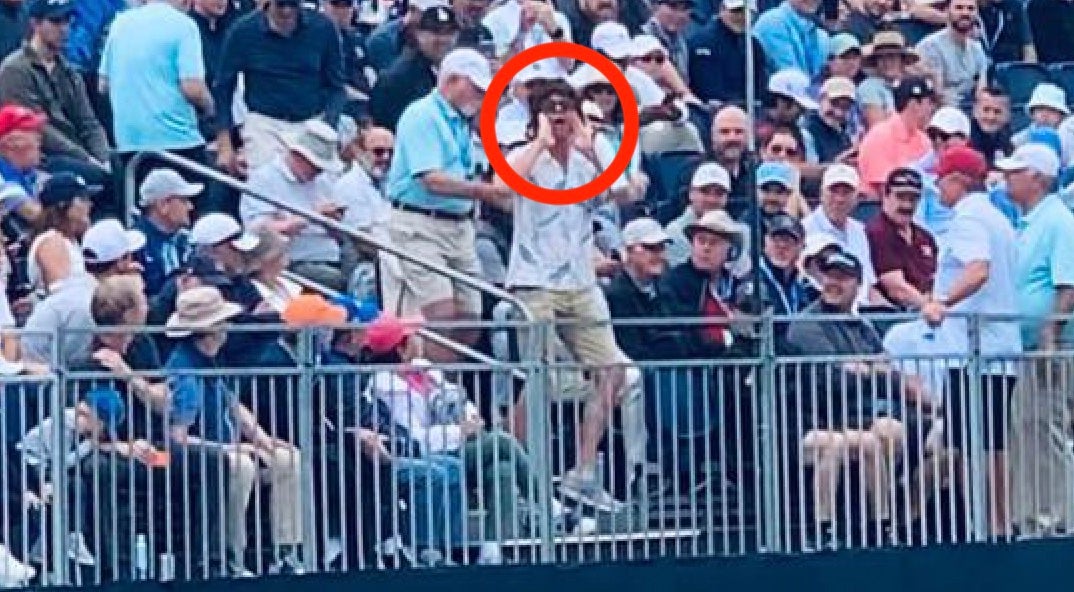How does pressure affect your swing? Just ask this U.S. Open contender
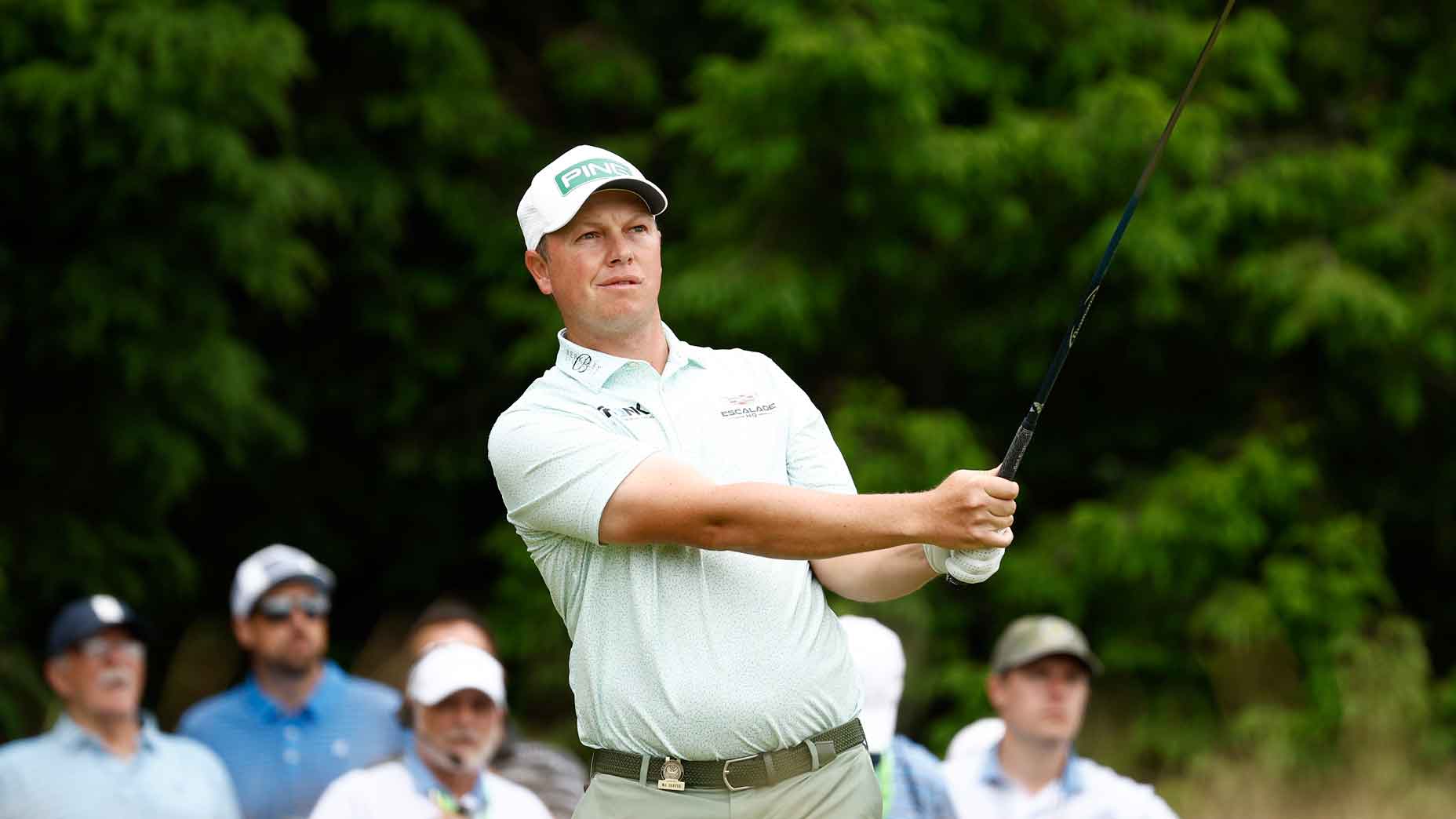
MJ Daffue shot a second-round 72 at The Country Club.
Getty Images
BROOKLINE, Mass. — MJ Daffue‘s tee shot started left and sailed directly at the hospitality tents left of the 14th fairway. When the ball came to rest, it was settled on some blue carpet among hundreds of fans milling about.
What came next was highlight material, but it also served as a harbinger of what was to come. Daffue (pronounced “Duffy”) elected to play from the hospitality area instead of taking a drop, and his ball ended up in the rough just right of the green on the par 5.
Then, the pressure set in.
Daffue duffed his next chip (no pun intended) and made a sloppy bogey. His once three-shot lead was down to one. He bogeyed the next hole as well, and limped home with a double at 18 to drop to one under. Over his final nine holes, the South African dropped five shots.
“Back nine was disappointing,” Daffue said. “Did the simple things really bad.”
His assessment is true. The little things are what cost him.
Through 27 holes of the U.S. Open, Daffue looked unflappable. He was striping his drives down the center and throwing darts at tucked pins. He’d made 10 birdies and just four bogeys. His name adorned the top of the leaderboard.
But on the back nine on Friday, something changed. He started missing fairways. He missed short putts. He bladed a ball out of the bunker. Add ’em all up, and you’ve got a back-nine 40 — six shots worse than he played the same stretch less than 24 hours prior.
The culprit for the miscues? Pressure. Plain and simple.
“I got a little quick in my process,” Daffue said. “I think that’s just obviously part of the nerves.”
The effects were two-fold. First and foremost, the pressure got to Daffue’s swing. His swing tempo got quick. His driver got wild. And playing from the rough, he had little chance to stay in attack mode.
Secondly, the nerves went to Daffue’s head. Instead of slow considerations on each shot, he got antsy. When it was his turn to hit, he stepped in right away and fired with reckless abandon. And when the result wasn’t what he’d hoped, things sped up even more. It was a vicious cycle, and one that’s difficult to break.
“You think about your front number and the pin,” Daffue said. “When you stand over a shot, you’ve already forgotten your front number. There are so many things going through your head.”
Luckily, Daffue is a 10-year pro, and pressure is nothing new. This is a man who’s successfully advanced through 12 of his last 20 Monday qualifiers. It might not be U.S. Open pressure, but the nerves on Monday can help you prepare for the big moments on the weekend.
“I take maybe two, three sips of water before every shot. Kind of shock the system a little bit and make you realize you’re here,” he said. “A few extra practice swings, deep breaths, kind of — all sorts of movement stuff. Just kind of staying loose. Not thinking about the shot until it is your time to hit because then you are wasting so many mental energy before it’s time to execute.”
The strategies sound great on paper, but the jury is still out on their effectiveness under the gun.
We’ve got 36 more holes to find out.

